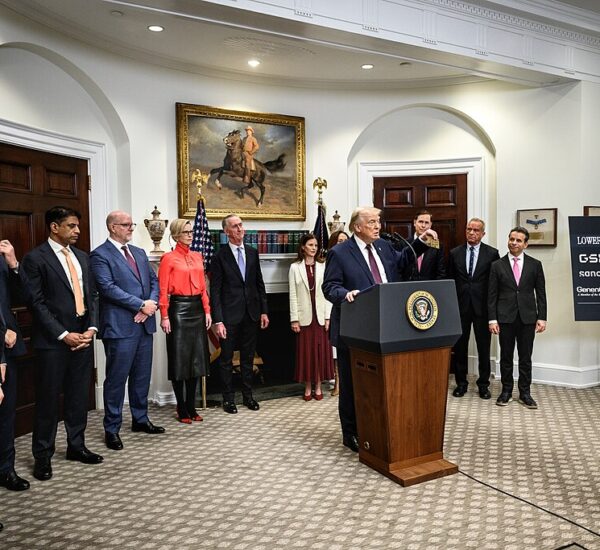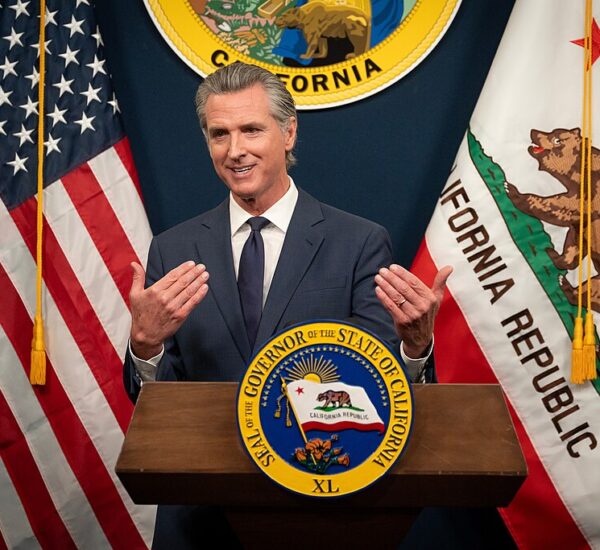Trump Gets Another Massive Win
On Thursday, the Senate narrowly confirmed Kash Patel as the next head of the FBI in a 51-49 vote, with two Republicans—Sens. Susan Collins (Maine) and Lisa Murkowski (Alaska)—joining Democrats in opposing the nomination. Despite the opposition, Patel’s confirmation signals a significant shift in leadership at the nation’s premier law enforcement agency.
Patel has long been an outspoken critic of the FBI, with a track record of controversial remarks that have fueled tensions. His bold statement about wanting to “shut down” FBI headquarters and turn it into a “museum to the deep state” is one of the reasons why many view his appointment as an attempt to restructure the agency from top to bottom. This remark, along with his book that calls out a list of “government gangsters,” has alarmed Democrats, who argue that his combative rhetoric could destabilize the FBI.
Senator Dick Durbin (D-Ill.), the top Democrat on the Senate Judiciary Committee, warned that Patel’s appointment was a political move, claiming he had a record of “vindictive” and “extremely dangerous” behavior. Durbin also accused Patel of misleading the Senate Judiciary Committee when questioned about his involvement in the FBI firings that followed soon after. “Patel shows just the opposite of the leadership the FBI needs,” Durbin said. “You want someone who shows judgment, not someone who seems intent on destroying people for political gain.”
For many Republicans, however, Patel is seen as the right person to restore integrity and trust to an agency that has been criticized for political bias. Senate Judiciary Committee Chair Chuck Grassley (R-Iowa) expressed support for Patel, arguing that concerns over potential political retribution were overblown and that Patel’s leadership would bring necessary change to an FBI that has been weaponized in recent years.
Patel’s background as a former public defender and staffer for Rep. Devin Nunes (R-Calif.) during the Russia investigation gives him unique insight into the political and legal challenges facing the FBI. His work in challenging the Justice Department’s handling of the Russia probe, including the release of a controversial memo, has made him a target for many on the left. Critics argue that his aggressive political actions signal a desire for retribution against those perceived as enemies, but Patel’s supporters believe he will cleanse the FBI of its perceived political biases.
The deep divide over Patel’s nomination comes down to whether or not he can separate his past political activities from his role as FBI director. Collins and Murkowski expressed concerns that his history of politically charged statements and actions would harm the agency’s ability to carry out its law enforcement mission without bias. In contrast, Republicans argue that Patel’s leadership will finally hold the FBI accountable for its overreach and restore its focus on justice rather than political agendas.
Although the vote has been cast, the long-term impact of Patel’s leadership remains uncertain. Will he be the reformer Republicans hope for, or will his controversial past create further division in an already polarized agency? Only time will tell.







He is doing his best. But the freaking do nothing/know nothing dems are doing all they can to stop him.